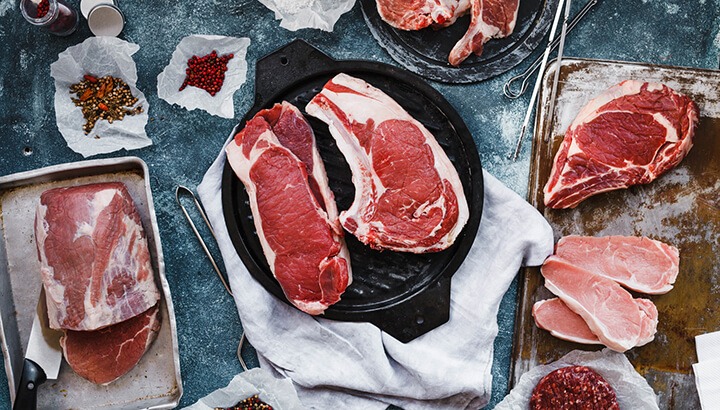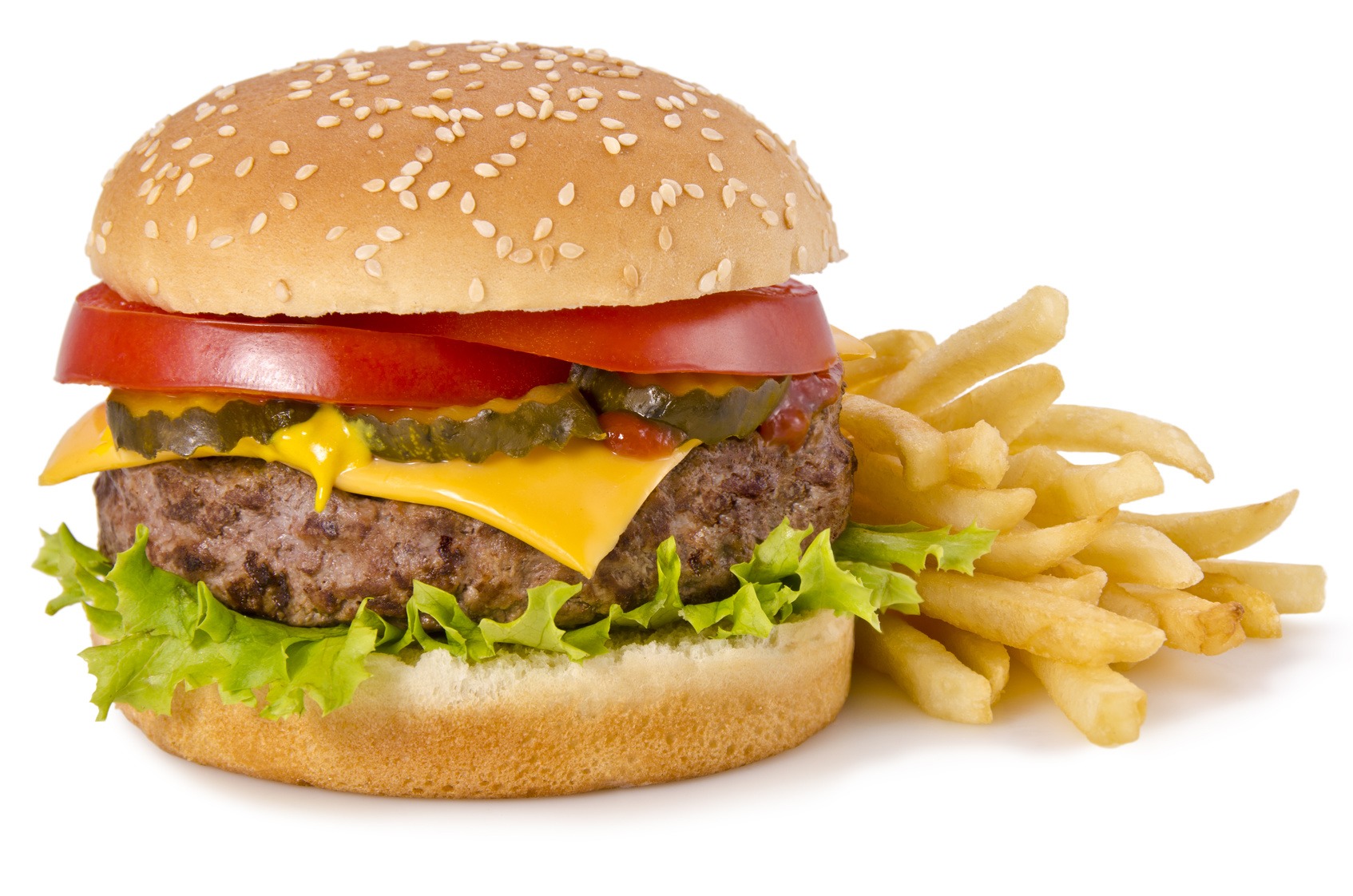I have a beef with all the attention that protein is getting these days. Scan the grocery store shelves and you’ll see it listed on labels in every aisle. Scan the headlines in print and online and you see articles touting protein shakes to build muscle mass, protein powder to lose weight, and protein formulas that allegedly support vitality and resilience. But protein (especially animal protein) is not exactly the fountain of youth or the catalyst for muscle building that its biggest supporters proclaim.
Yes, protein is a biological building block, which your body cannot do without. Every structural component in your body — and that includes the organs, tissues, and muscles — is manufactured from amino acids which are linked into chains that make up the compounds we call proteins. Even some hormones, enzymes, and molecules of cellular communication are proteins.
But just because protein is an essential macronutrient does not mean that more is necessarily better. Also, (as I’ll explain in just a moment), some sources of protein are better than others. Making sure you choose the right sources can make a decisive difference to your health.
Macronutrients 101
Protein, carbohydrate, and fat are the three essential macronutrients that your body requires to maintain life. Each one can come from a wide range of different food sources and we’ve long known that not all macronutrients are created equal…especially when it comes to carbs and fats. In other words, we know that there are “good carbs” or bad carbs” and we know that there are “good fats” or “bad fats” but when it comes to protein, current trends seem to suggest that it’s all good.
For reasons I’ll discuss in a moment, that may be about to change. But first I’d like to offer a little reminder on why we often talk about “good” and “bad” sources nutrients in the first place.
Good Cop Bad Cop
Most people are aware of the difference between “complex” and “simple” carbohydrates. I like to think of complex carbs as “slow burning” like a log on a campfire. On the other hand, simple carbs act like newspaper on that fire…easy to light, burns hot and fast, and goes out quickly.
Complex carbohydrates come from healthy food sources like vegetables, whole grains, and legumes. They are molecularly complex and embedded in fiber so they take time to digest, and cause a slow release of glucose into the bloodstream.
In contrast, consuming simple or refined carbohydrates causes a rapid and dramatic rise in blood sugar. Frequent and excessive consumption of processed foods (like soft drinks, sweets, pastries, and candy) sets the stage for metabolic disorders like diabetes, obesity, and cardiovascular disease.
A similar sort of “good cop, bad cop” scenario plays out in the world of dietary fats. You are probably already we aware that “good fats” are the ones found in fish, nuts, seeds and “bad fats” are found in fried foods, factory farmed animals, and in processed foods.
We’ve long known that eating mono and polyunsaturated fats (including omega-3s) is extremely beneficial and associated with reduction in disease risk across the board. We also know that excessive consumption of saturated fats and trans fats is associated with increased risk of obesity, heart disease, diabetes, and chronic disease in general.
Again, there are three macronutrients: carbohydrate, fat, and protein. And we have just established that there are good carbs and bad carbs, good fats and bad fats…but what about protein??? Is it all good?
Plant Protein Vs. Animal Protein
It’s time to rethink our relationship with protein. First of all, there is such a thing as too much protein. And perhaps even more importantly…the source matters.
Recently, a study published in the International Journal of Epidemiology found that those who met most of their protein needs by consuming large quantities of meat raised their chances of getting cardiovascular disease by a whopping 60 percent. But here’s some really good news, people who met most of their protein needs by eating copious amounts of seeds and nuts decreased their odds of having cardiovascular disease by 40 percent!
This is very important finding because the role fats and sugars play in precipitating heart disease have grabbed the lion’s share of attention. This new research suggests that the type of proteins that you consume can also play a decisive part in the development of cardiovascular disease (CVD) . . . or the prevention of it.
Takeaway
Here are a few quick takeaways I’d like to leave you with:
- Too much protein is not really a good thing. Protein derived from the meat of land animals has been linked to a significantly increased risk for CVD.
- Another recent study indicates that eating more protein does not improve lean muscle mass the way that most people think it does.
- The theory of “protein combining” has been discredited. You can get all the proteins you need from eating a wide variety of plant-based foods. Good sources of plant-based proteins include nuts, seeds, peas, whole grains, and beans.
- Nuts are a particularly good source of plant-based protein, omega-3 fatty acids, and fiber. In addition to heart-healthy phytonutrients and minerals, nuts are also loaded with compounds that lower your cholesterol and combat inflammation. If you want to get the benefits of protein, then plant-based sources like nuts are the best way to go.
Take good care,
Dr. Josh







